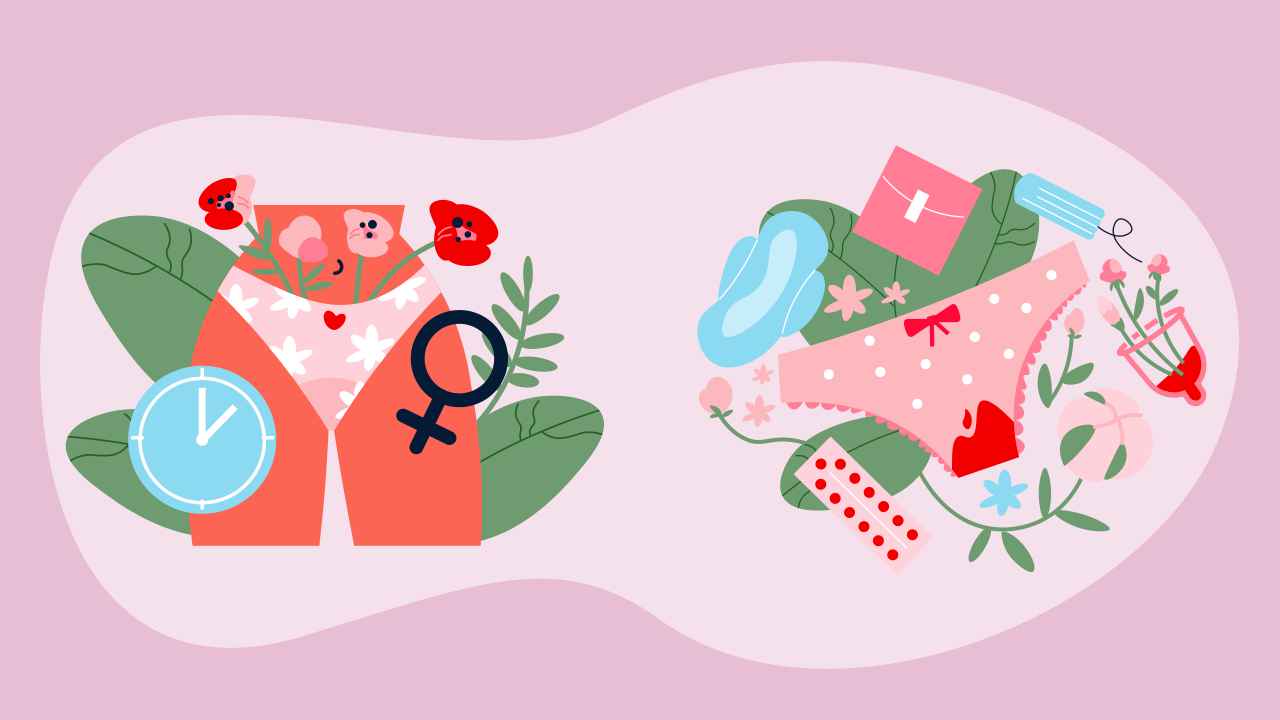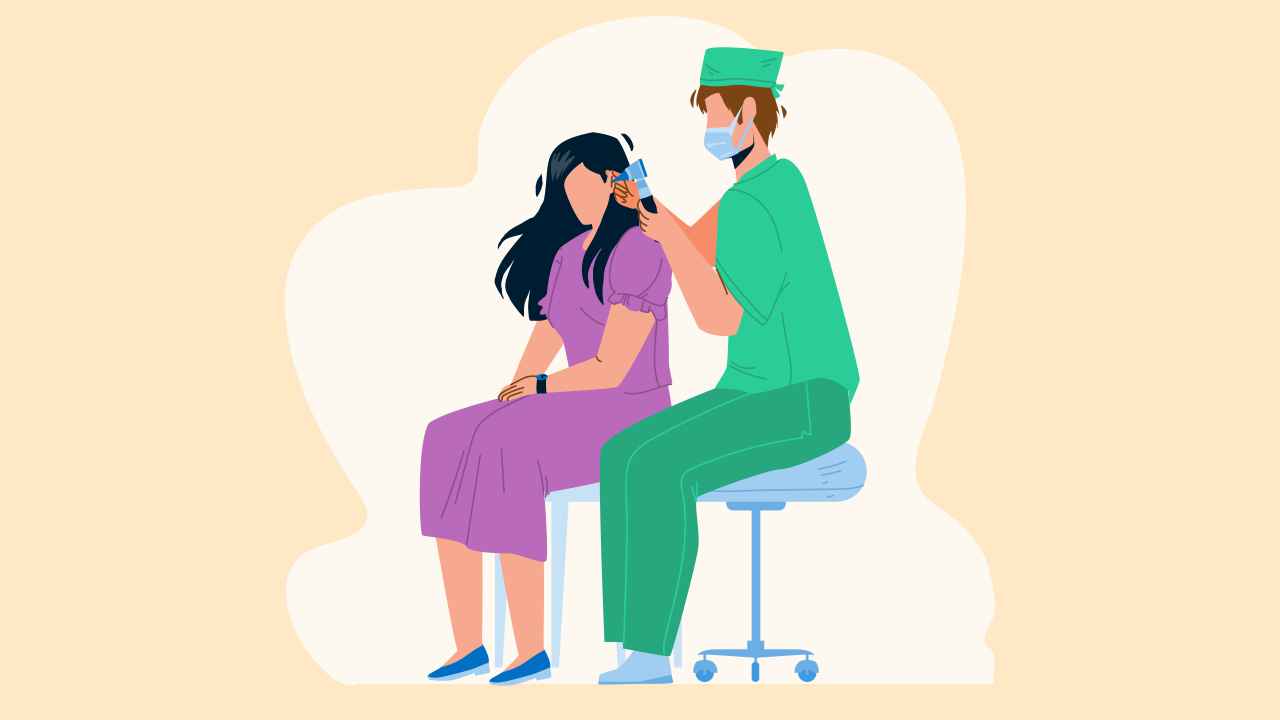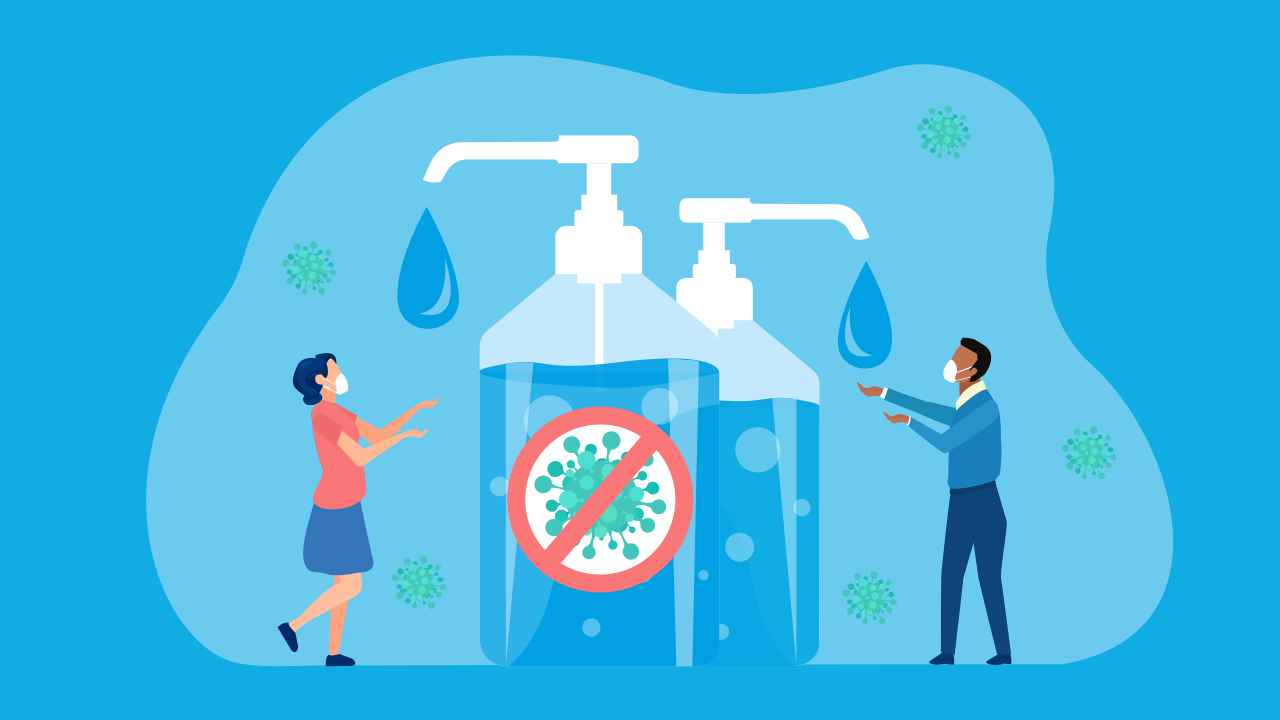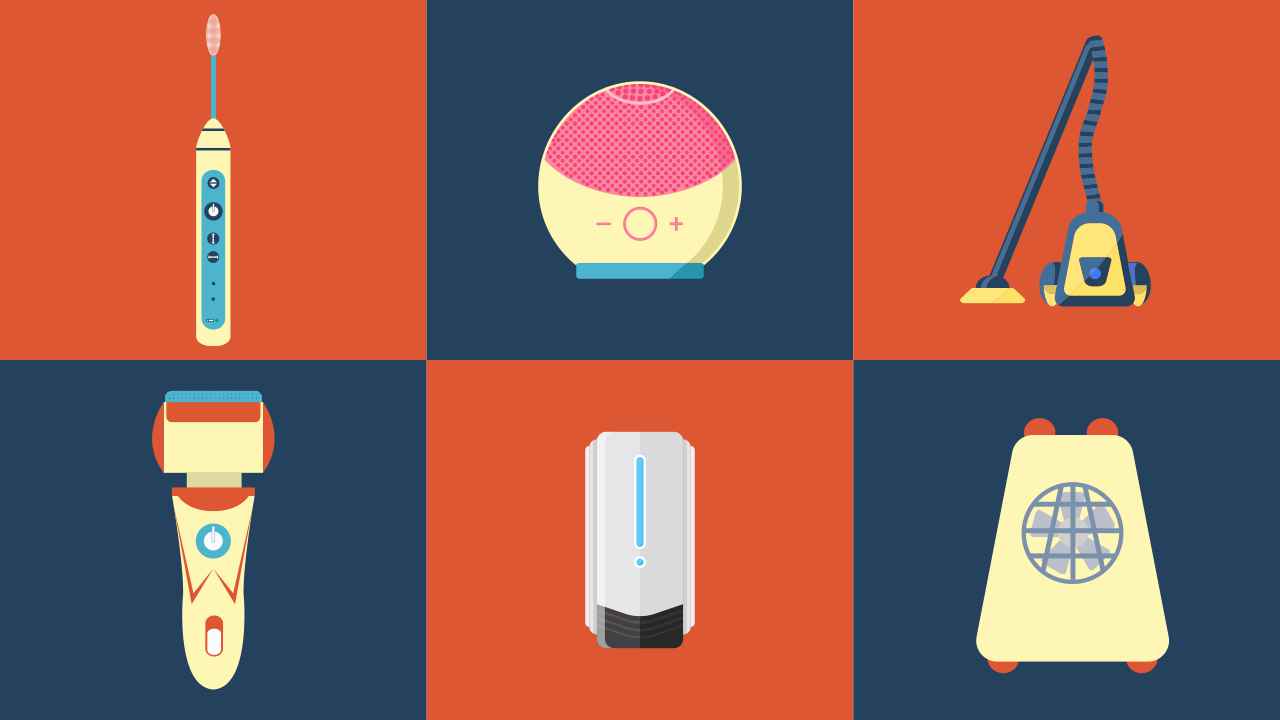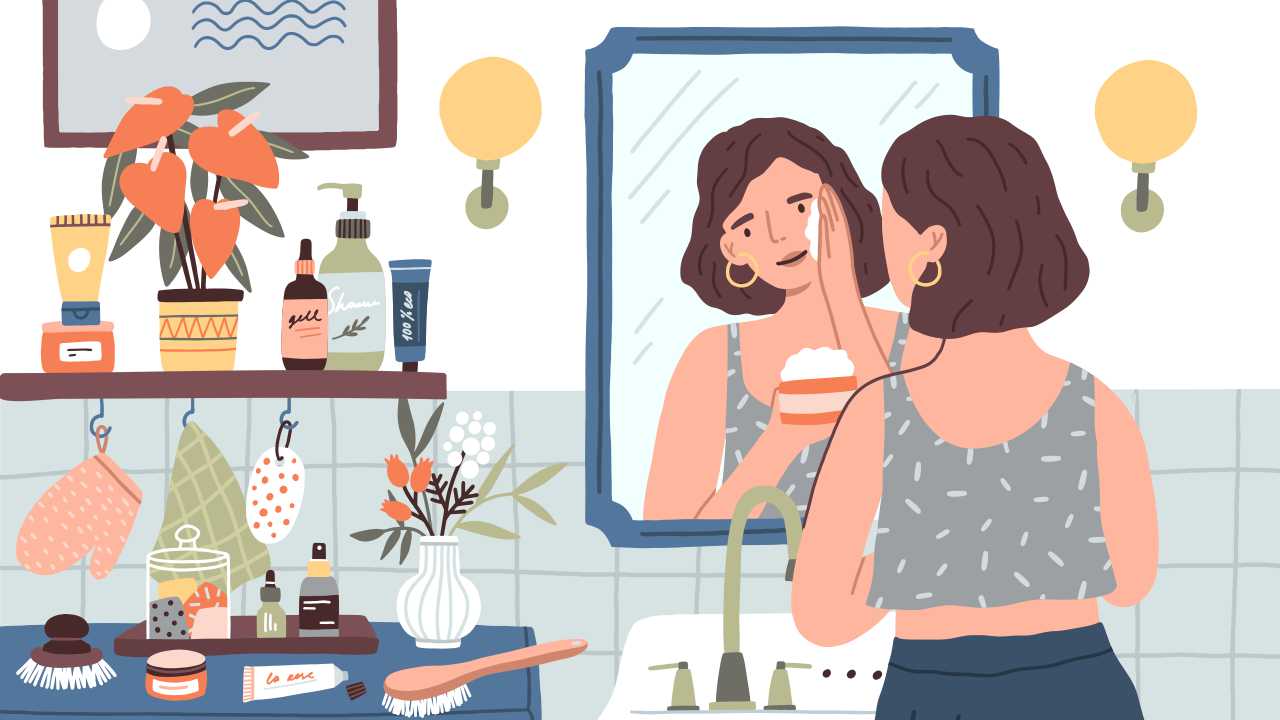
Pet Hygiene: Tips to Care for Your Furry Friend
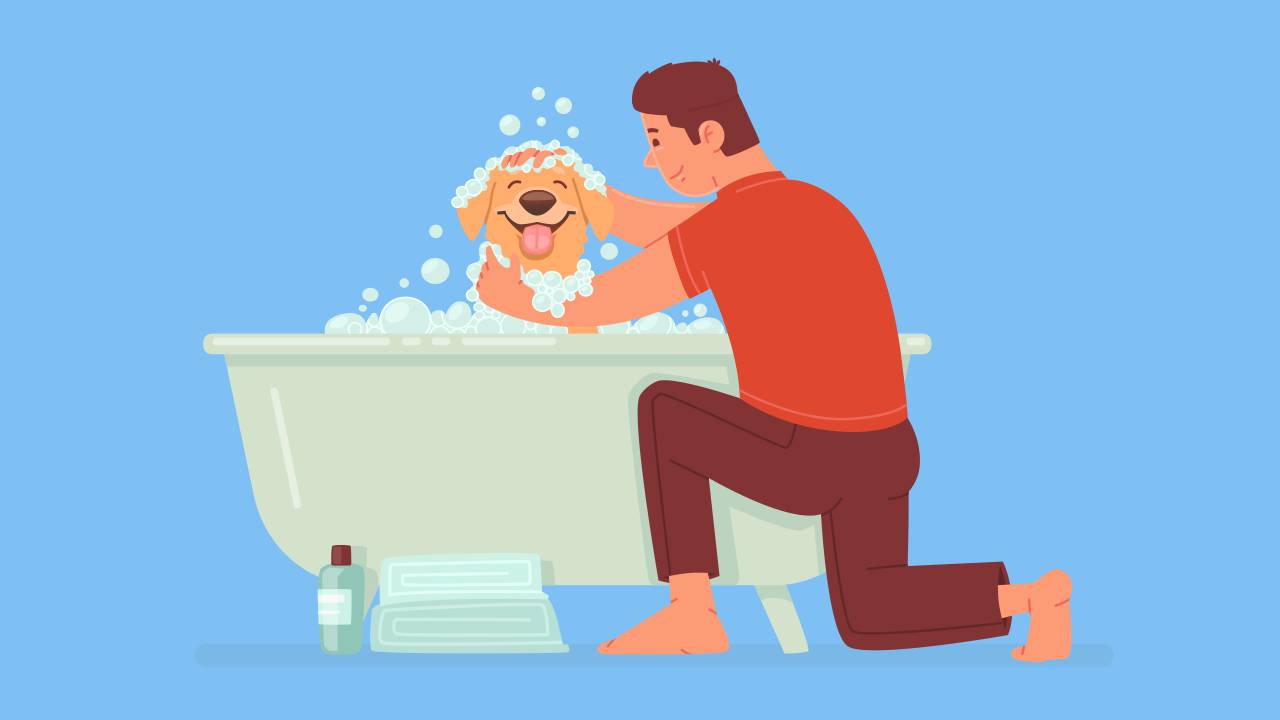
Caring for a pet is a far cry from just bringing a cute animal home. It involves fulfilling responsibilities as a pet parent, and ensuring your furry friend gets all the love and care they deserve. Bring home a pet only when you are ready for it. And when you do, make sure you devote the required time to pet care.
Pet care involves maintaining good hygiene. However, keeping your pet clean is not enough. You need to keep your home clean and also disinfect all your pet’s belongings, including food and water bowls, toys, beds, etc on a regular basis. And don’t forget to wash your hands after you interact with your pet. As a pet parent, here are some hygiene protocols that you need to follow.
Vaccinate your pet
1. Often while playing with your pets, they may playfully scratch or bite you. While it is not their intention to hurt you, sometimes it may cause an open cut or wound. A common life-threatening disease that can happen from such cuts or wounds is rabies. To prevent this, ensure that your pet is vaccinated
2. Wash the wound area thoroughly with soap and water
3. Consult a physician as soon as possible to know what can be done to prevent an infection
4. Pre-exposure vaccination is also available for people who are constantly working with animals like those kennel owners, pet groomers, and vets. The vaccine is administered according to a given schedule and protects humans in case of an inadvertent animal bite, whose vaccination status might be incomplete or unknown.
Wash your hands
1. No matter how much you take care of your pet and take them for professional grooming sessions, they will get dirty. To avoid germs and reduce the risk of infections, you need to wash your hands properly every time you play, feed, and touch your pet.
2. Washing hands with soap and water will also reduce the risk of zoonotic diseases or zoonoses — infectious diseases transmitted from animals to humans.
3. Even if your pet looks perfectly healthy, animals can carry germs like viruses, bacteria, fungi, and parasites, and spread them to humans. Zoonotic diseases include conditions like salmonellosis, roundworms, giardiasis, ringworm, dermatophytosis, toxoplasmosis, and scabies. The more dangerous and possibly life-threatening ones are anthrax, cat-scratch disease, leptospirosis, rabies, tick-borne Lyme disease, and more.
Pet bowls and food
1. Store your pet’s dry food in airtight containers; don’t leave them unsealed
2. Pet food bowls should not be kept in the kitchen or bathroom
3. Wash your pet’s food and water bowls after every meal
Sanitize toys
1. As a pet parent, you must pamper your fur baby with spas, rides, treats, massages, and toys. Toys can be a great distraction and help keep them engaged.
2. However, make sure you give a washed and clean toy to your pet every time. So, after every play session, you must wash the toy with water and also disinfect it because it can be covered with drool, food, or dirt
Give your pet a bath
1. Some pets hate water, but then, it’s important to follow this hygiene routine once in a while. Self-grooming is not enough You need to give them a bath, especially when they have come in contact with strays or other animals
2. Also, take care of their hair and nail growth
Keep your home clean
1. Having a pet can lead to a messy home. Fur, litter, leftover food, water, and toys can make your house untidy. Some pets even store food and other items in secret places. As a pet parent, you need to be vigilant and clean your house frequently
2. Pet furs are known to cause severe allergies, especially in children and the elderly, so don’t allow your pet to sleep on your bed. That said, sometimes they can get playful and jump on the bed, sofa, etc. So, cleaning should not be limited to floors only but also bedsheets, pillow covers, and other fabrics at home
3. Wash what you wear daily as well
4. Also, some areas in your home should be off-limits like the kitchen where pets shouldn’t be allowed
Supervise your children
1. Even after vaccinating your pet, it is ideal to keep an eye on children so that they do not put their hands into the pet’s mouth
2. This also ensures that the pet does not bite or scratch them
Disposing animal waste
1. Animal poop contains bacteria that can cause diseases in humans. So, it is always a good idea to dispose of the poop using a plastic bag, a poop scooper, or a newspaper. This can prevent the spread of diseases
2. Keep children away from playing in areas where there is pet poop
3. Diseases like toxoplasmosis, tapeworm infection, and hydatid cyst spread through fecal matter of animals and can be life threatening in many cases
Pet hygiene is extremely important for the health and safety of pets and pet parents. It does require some extra chores on your part, but then it also reduces the risk of zoonotic diseases. A little prevention and care go a long way.
References
1. Hygiene Around Animals. Centers for Disease Control and Prevention. https://www.cdc.gov/healthywater/hygiene/etiquette/around_animals.html (accessed Apr 2, 2021).
2. Pet hygiene. Nidirect. https://www.nidirect.gov.uk/articles/pet-hygiene (accessed Apr 2, 2021).
3. Why You Should Wash Your Hands After Touching Animals. Citron Hygiene. https://www.citronhygiene.co.uk/support/knowledge-centre/why-you-should-wash-your-hands-after-touching-animals (accessed Apr 2, 2021).
4. Paula Fitzsimmons. 10 Pet Hygiene Tips You Should Be Following. PetMD. https://www.petmd.com/dog/slideshows/10-pet-hygiene-tips-you-should-be-following (accessed Apr 2, 2021).
5. Petting zoos and personal hygiene fact sheet. NSW Health. https://www.health.nsw.gov.au/Infectious/factsheets/Pages/petting-zoos-and-personal-hygiene.aspx (accessed Apr 2, 2021).
6. Zoonotic Diseases. DC Heal. https://dchealth.dc.gov/page/zoonotic-diseases (accessed Apr 2, 2021).
7. Hygiene reminder for animal education. Australia Govt. https://esb.sa.gov.au/news/hygiene-reminder-animal-education (accessed Apr 2, 2021).

